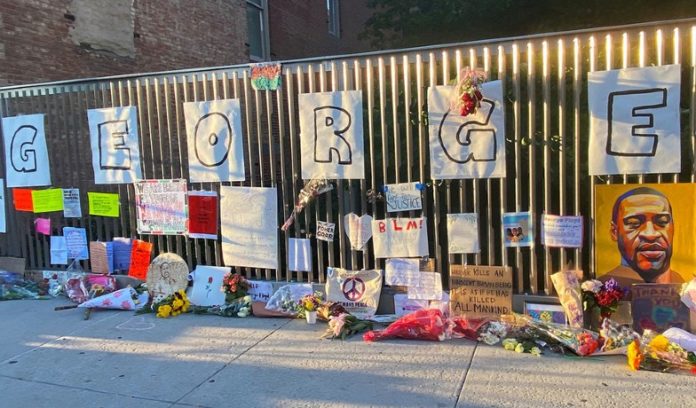Twenty senior UN leaders, who are either African or of African descent, have signed a joint statement expressing their outrage at pervasive and systemic racism, highlighting the need to ‘go beyond and do more’ than just offering condemnation.
The signatories include high-profile heads of UN agencies, such as Tedros Ghebreyesus, head of the World Health Organization (WHO), Winnia Byanyima, chief of UNAIDS, Phumzile Mlambo-Ngcuka, Executive-Director UN Women, and Natalia Kanem, director of the UN sexual and reproductive health agency (UNFPA).
“During the last few weeks protests against the killing of George Floyd in the hands of police has been going on and has left us all outraged at the injustice of racism that continues in the US and across the world. The racial injustice has continued for centuries and to merely condemn expressions and acts of racism is not enough. We must go beyond and do more,” the senior UN officials write. They all hold the rank of Under-Secretary-General and signed the statement in their personal capacity
“The killing of Mr. George Floyd and the cry ‘Black Lives Matter’ is more than a slogan – they do not only matter, they are quintessential to the fulfilment of our common human dignity. We owe it to all victims of racial discrimination to move from words to deeds.”
“Indeed, the foundation of the United Nations is the conviction that all human beings are equal and entitled to live without fear of persecution.”
The senior officials note that the UN has made a difference in the past, for instance with the signing of the 1969 International Convention on the Elimination of All Forms of Racial Discrimination (ICERD) and the role the Organisation played in the collapse of apartheid in South Africa.
“The human rights and dignity of black people in Africa as well as across the African diaspora was a powerful signal that the UN would not tolerate injustice and bigotry under the cover of unjust laws. Now, The UN must in the same vein use its influence and moral power as an institution to effect global change. To end racial discrimination is fundamental to achieve sustainable development and peace,” the twenty senior officials write in their statement.
The UN Human Rights Council will this week debate “racism and police brutality” at the request of all 54 African countries.
Earlier UN Secretary-General António Guterres had issued a statement:
“It is time for the UN to step up and act decisively to help end systemic racism against people of African descent and other minority groups. The shocking killing of George Floyd is a result of deeper issues and structures, which won’t disappear if we ignore them.”
Additional links:




